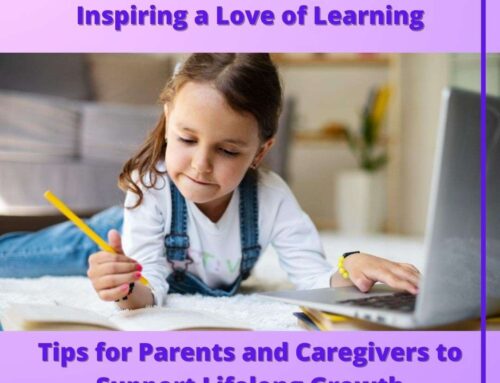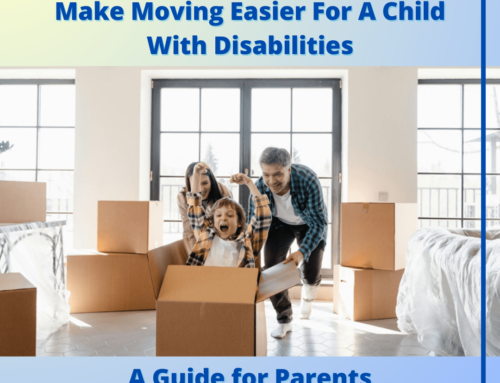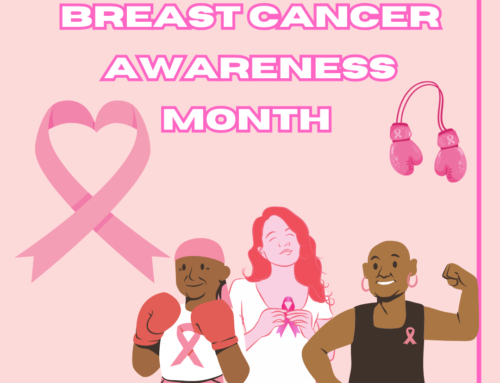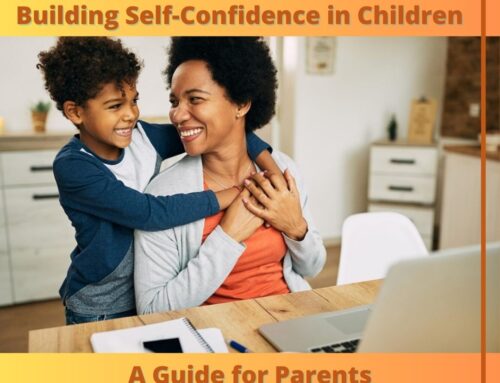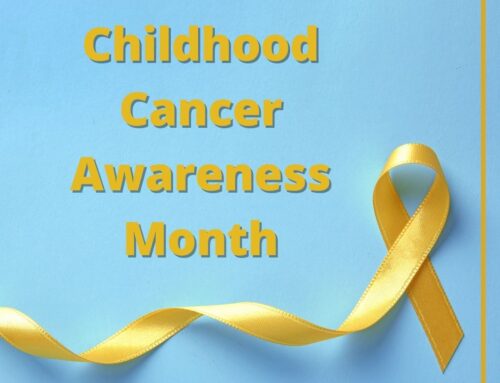CARE is Here for You!
Greetings readers!
This month we dive into Overall Health. As school campuses re-open, many teens may feel social anxiety due to the lengthy social isolation, school transitions, and fear of their family members getting sick. All these stressors can overwhelm our physical, mental, and emotional wellbeing. The Centers for Disease Control and Prevention1 noted that 18- to 24-year-olds had reported high levels of anxiety and depression, and nearly a quarter has considered suicide.
Sometimes it may feel like we are together-alone, meaning that the same global situation has had entirely different experiences and outcomes for each of us, which can lead us to take care of our own needs last. This month we wish to encourage you to take care of your Overall Health: your mental, physical, and emotional health.
To begin, let’s discuss ideas on how to support your mental wellbeing by rewording certain thoughts. Reframe:
- “I am too overwhelmed” to “I cherish the extra time I get to spend with my family” or to “I am excited about creating more happy memories.”
- “I don’t know what to expect and it makes me feel afraid” to “I focus on opportunities over obstacles.”
- “Will this feeling ever end?” to “I am grateful to be able to share more time with my family with innovative activities.”
Periods of social distancing have led to feelings of isolation, anxiety, and depression. Coping with stress will help you feel healthier. Some useful ideas to help you cope are2:
- Take breaks from watching, reading, or listening to news stories, including social media.
- Take care of your body. Take deep breaths, stretch, or meditate. Try to eat healthy, well-balanced meals. Exercise regularly, get plenty of sleep.
- Avoid alcohol and drugs.
- Make time to unwind. Try to do some other activities you enjoy.
- Connect with others. Talk with people you trust about your concerns and how you are feeling.
- A chaotic home can lead to a chaotic mind. Setting up mental zones for daily activities can be helpful to organize your day. For example, try not to eat in bed or do work/schoolwork on the sofa. Just as before, eat at the kitchen table and work at your desk.
- Use telehealth as an option to talk to a professional if your anxiety becomes unmanageable.
- Remove the stigma of asking for help. Reach out to local organizations for needed resources, such as food distributions or assistance programs.
Remember, you are not alone in this. There are many ways that you can be supported and connected. If you would like to learn more about mindfulness skills, visit CARE’s Soothing Place where you can find informational links for mindfulness, coping skills, and wellness.
For free webinars on many topics to support raising children and youth, visit Operation Parent.
If you or someone you care about is feeling overwhelmed with emotions like sadness, depression, or anxiety, or feel like you want to harm yourself or others:
- Call 911
- Visit the Disaster Distress Helpline, call 1-800-985-5990, or text TalkWithUs to 66746
- Visit the National Domestic Violence Hotline or call 1-800-799-7233 and TTY 1-800-787-3224
For the youth, if you know you or your friends need immediate help, call Teen Lifeline. Teen Lifeline is a 24-7 crisis line for teens where teens can call or text another teen about any problems or issues they are facing. This resource is also available to parents and families for support.
- In Maricopa County: 602-248-8336 (TEEN)
- Outside Maricopa County: 1-800-248-8336 (TEEN)
- Outside Arizona/Nationally: 1-877-YOUTHLINE or 1-800-SUICIDE
Please visit the websites listed below for more information.


